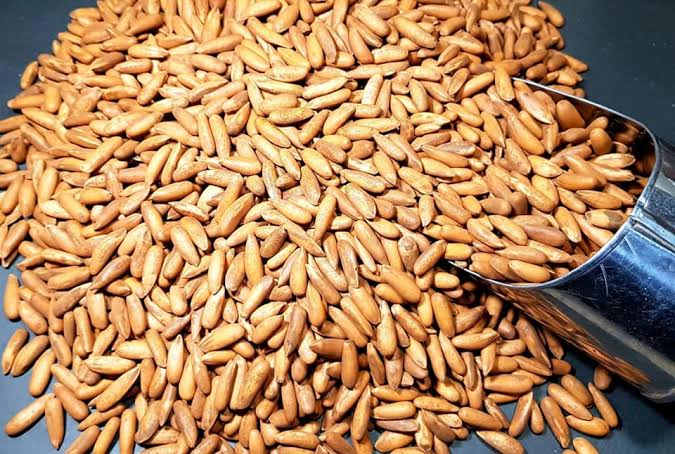Pine nut (chilgoza) prices in Lower South Waziristan have fallen sharply this year, dropping from Rs10,000 per kilogram to just Rs3,000. This sudden and steep decline has surprised both traders and farmers who depend on the chilgoza harvest for their yearly income.
According to market experts, the price drop is linked to several key reasons. First, this season saw a much larger harvest than expected. When supply increases so quickly, prices naturally go down because the market becomes full.
Second, international demand for Pakistani pine nuts has slowed. Buyers from abroad are placing fewer orders, which reduces the overall market value inside the country as well.
Another major issue is the continuous interference faced by traders during transportation. Many trucks carrying chilgoza are stopped at multiple checkpoints, especially in cities like Lahore and Rawalpindi.
Customs officials and police checks cause unnecessary delays, increasing transportation costs. The longer trucks remain stuck, the more the nuts lose their freshness, which further reduces their selling price.
Local traders say these delays and checks have made the business difficult this season. Some even worry that if the situation continues, farmers may not be able to recover their investment next year. Many rely on pine nuts as their main source of income, and such low prices create financial pressure for the entire region.


